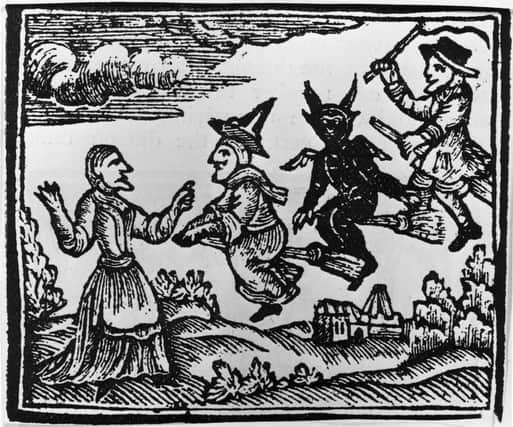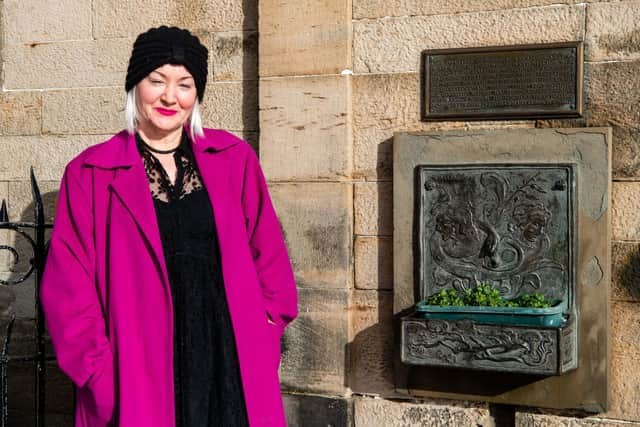Historian claims blanket pardon for Scotland's witches a "dishonest gesture"


Dr Peter Maxwell-Stuart of St Andrews University made the remarks as a parliamentary petition for the pardon of those convicted of witchcraft in Scotland between the 16th and 18th Century gathers support.
Claire Mitchell QC and author Zoe Venditozzi launched the petition to right a “terrible miscarriage of justice” given a estimated 2,500 people were executed following conviction.
Advertisement
Hide AdAdvertisement
Hide AdAround 4,000 people – 85 per cent of them women – were accused in total.


Dr Maxwell-Stuart, author of several books on witchcraft, said a pardon sought to “rewrite history” and that cases would need to be examined individually to establish any miscarriage of justice.
He said: “People who practised magic believed it was possible for them to harm or aid others by means of these preternatural methods. Some of those accused will have believed this way and would certainly have been guilty as charged of this offence.
“A blanket pardon seeks to rewrite history by proclaiming that no one was guilty of the crime of witchcraft despite the crime's being on the statute books of most European countries.
"It's rather like saying that because there has been a modern miscarriage of justice, a blanket pardon should be issued to all perpetrators of the crime in question, whether they have been convicted by a court or not.
An apology for those accused was “pointless” given it stems from the modern view that witchcraft is not a real offence.
He added: “Historically it was, and a very serious one, given that its practitioners were seen as both breakers of a law on the statute books and as allies of Satan in a concerted war or terror campaign against the rest of humanity.”
The drive against witchcraft was led by James VI , who believed there was a coven trying to kill him and his new wife, Queen Anne of Denmark.
Advertisement
Hide AdAdvertisement
Hide AdAmong those accused was Agnes Sampson of East Lothian, who confessed after being clamped to a wall using a witch bridle.
She then claimed she attached parts of a corpse to a cat, sailed to sea in a sieve, then put the cat into the sea to create a storm to shipwreck the king.
Many witches were accused by neighbours following quarrels and around 4 per cent were described as healers.
The campaign follows pardons for those convicted of homosexuality before decriminalisation in 1980 and for miners convicted during the strikes of the 1980s
.
Ms Mitchell QC said: "The exact same considerations apply here – the wrong was done to them by the state, and they deserve an unqualifed apology, as well as a pardon.”
Those convicted of witchcraft were convicted of a crime that could not have been committed given witchcraft “did not and does not exist,” she added.
“They lost their lives in a brutal miscarriage of justice. The fact that there was a statute saying that witchcraft was a crime, and the fact that anyone believed it, did not make a crime of witchcraft real. Being convicted of a crime which does not exist does not make you guilty of it: it makes the conviction a miscarriage of justice,” Ms Mitchell said.